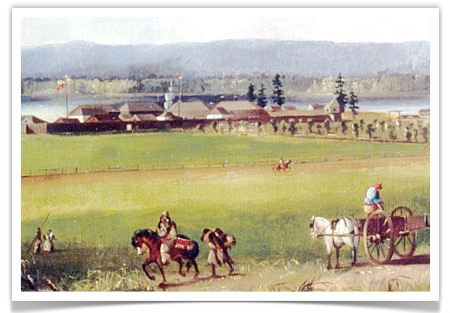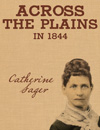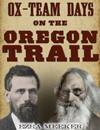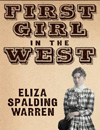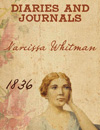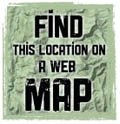Fort Vancouver
The final stop on the Trail for many of the emigrants was Ft. Vancouver--the massive British outpost on the north bank of the Columbia. Most of the emigrants were now very low on supplies and completely exhausted.
Emigrant George Currey:
"A large proportion of the outfit has been consumed by the disastrous journey,and the well-to-do thrifty-looking citizen and his family have been worn to a tattered band of hungry petitioners--begging his brothers of the earth. But there was one thing that was not diminished; our appetites."
Explorer John Fremont:
"Their thin and insufficient clothing, bareheaded and barefooted children attesting to the length of the journey."
Without help here, many would not live through the winter. But help was exactly what they found--from a most unlikely source--a man named John McLoughlin.
McLoughlin was head of British Ft. Vancouver and his orders were to discourage the American emigrants--but he did just the opposite. McLoughlin offered the weary travelers food and medicine, and he even organized rescue parties for emigrants in trouble along the way. They affectionately dubbed him "The Father of Oregon."
A few emigrants had the opportunity to visit McLoughlin's house at the fort; a rare dose of civility for the weary travelers.
Emigrant John Boardman:
"Well received by Dr. McLoughlin, who charged nothing for the boat sent up for us, nor for the provisions; but not satisfied with that, sent us plenty of salmon and potatoes, furnished us house, room and wood free of charge, and was very anxious that all should get through safe."
Emigrant James Nesmith:
"Dr. John McLoughlin, from his own private resources, rendered the new settlers much valuable aid by furnishing the destitute with food, clothing and seed, waiting for his pay until they had a surplus to dispose of."
Long before the first wagon trains arrived, McLoughlin had built Ft. Vancouver into the center of culture in the west. Convinced the fort should be self-sufficient, McLoughlin had his men plant over 2000 acres of vegetables, oats and wheat. The first orchard in the west was here too, providing apples and pears.
But McLoughlin was interested in more than just the necessities of life. The fort had a church, school and library, even a theater--all quite astonishing to emigrants who had not seen a city for nearly six months.
In 1845, a bastion was added, but not for protection against the local tribes--it was a response to threats from the American government. But no battle ever came. The boundary dispute with Britain was settled peacefully. However, the treaty put Ft. Vancouver on American soil. Trade diminished--and by the 1860s, the fort was gone.
Across the river from Ft. Vancouver came the final stop in the 2000 mile long trail--Oregon City. From there the emigrants fanned out in all directions to stake their claims and begin their new lives. They had reached the promised land.
